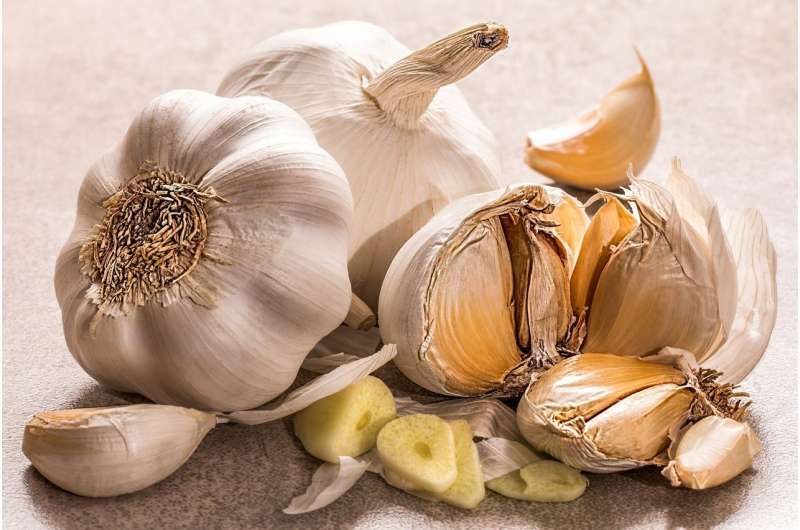The Risks of DIY Natural Skincare: Why Pantry Ingredients Can Harm Your Skin

Discover the dangers of using raw pantry ingredients like garlic, cayenne, and baking soda in DIY skincare. Learn why professional formulations are safer for your skin health.
Scrolling through social media, many influencers promote natural remedies like garlic spots, cayenne masks, and baking soda scrubs for skincare benefits. The appeal lies in the idea that everyday kitchen ingredients are affordable, accessible, and possess antimicrobial or exfoliating properties, eliminating the need for dermatologist-approved products. However, what seems like a quick, natural fix can often lead to painful, sometimes serious skin reactions.
It's crucial to understand that just because an ingredient is edible doesn’t mean it’s safe for topical use. Ingredients like garlic, chili, turmeric, and other spices contain potent bioactive compounds that, in raw or unrefined forms, are harsh and unstable. These substances can disrupt the skin’s delicate acid mantle—the protective acid layer—and cause irritation, rashes, or burns.
Professional cosmetic chemists carefully extract, purify, and dose plant compounds to ensure safety and efficacy. In contrast, applying raw pantry items directly to your skin lacks precision and control, increasing the risk of harmful effects such as chemical burns, rashes, or long-term damage. For example, a teaspoon of baking soda, which is highly alkaline, can significantly raise skin pH, leading to irritation, microbial imbalance, and breakouts. Similarly, cayenne pepper contains capsaicin, a compound used in medical creams for nerve pain, but in uncontrolled quantities, it can cause burns, irritation, and even tissue damage.
Using agricultural products like garlic that harbor bacteria and fungi increases the risk of infection once mixed into masks or topical applications. Especially when applied on broken or injured skin, these DIY remedies can result in severe burns or tissue death.
Specific ingredients demonstrate how misuse is dangerous:
- Baking soda’s alkalinity can disturb skin’s pH balance, causing irritation and long-term damage. It’s been linked to cases of deep burns and even metabolic alkalosis when used improperly.
- Garlic, while known for antimicrobial properties in purified form, can cause allergic reactions, dermatitis, and burns if applied raw, and scars can persist long-term.
- Chili peppers, with their active component capsaicin, can cause burning, eye injuries, nerve damage, and systemic issues like blood pressure fluctuations when mishandled.
- Other spices like cinnamon, ginger, and clove also pose risks such as contact dermatitis, chemical burns, and staining.
Dermatologists advise against patch testing spices or DIY solutions without professional guidance. Protecting your skin’s barrier is essential, and using gentle, pH-balanced cleansers and moisturizers supports skin health. Proven plant-based ingredients like niacinamide, aloe vera, and colloidal oatmeal are safe, effective options recommended by dermatologists.
Next time you consider a natural remedy found online, weigh the potential risks. Everything has chemicals—even the most natural ingredients. Prioritize safety and consult your healthcare provider before experimenting with DIY skincare.
Stay Updated with Mia's Feed
Get the latest health & wellness insights delivered straight to your inbox.
Related Articles
Salmonella Outbreak Linked to Metabolic Meals Results in 16 Illnesses, CDC Reports
A Salmonella outbreak linked to Metabolic Meals has sickened 16 people across 10 states. Consumers are advised to discard affected products and seek medical attention if needed.
Food Insecurity Found Among Some US Medical Students
A study reports that over 20% of US medical students face food insecurity, highlighting a critical challenge that affects their health and academic performance.
FDA Director Suggests Pregnancy and COVID Vaccination Decision Should Be Personal
U.S. health authorities have shifted their stance on COVID-19 vaccination during pregnancy, leaving the decision to women and their doctors amidst ongoing debates about safety and benefits.



